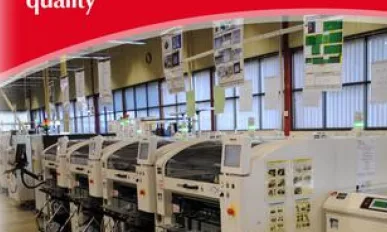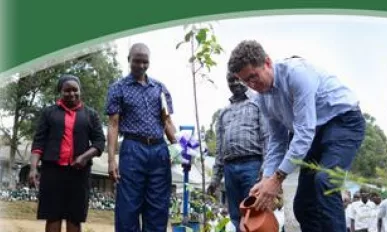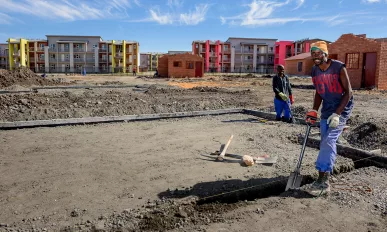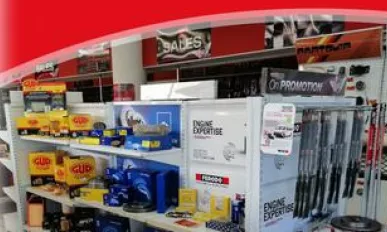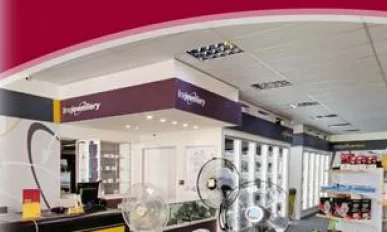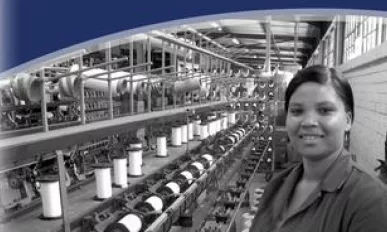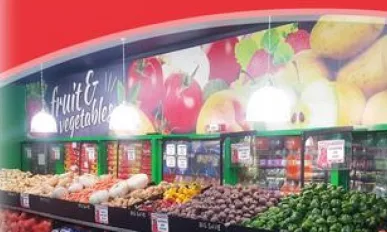Issue 70
Hubmart : Nigeria’s New Frontier
Retail is on the rise in Africa, with Lagos-based Hubmart broadening its horizons thanks to a fresh, customer-centric offering.
Zesco Limited : Keeping Zambia Switched On
ZESCO Limited is charged with powering the nation, operating with a vision to become a regional hub for electricity trading by 2025.
Servest Office Services : Servicing a New Chapter
Servest Office Services is building a strong foundation to drive sustainable growth in an evolving facilities management industry.
Robert Bosch South Africa : A Hallmark of Trust
Backed up by a reputation for quality, Robert Bosch is very much in the fast lane of the automotive supply chain industry in South Africa.
PW Nigeria : Steady Support
PW Nigeria has been side by side with the country’s development since the 1970s, providing support to mining and infrastructure projects.
Oserian Development Co. Ltd : Kenya in Bloom
Through an ambitious diversification drive, Oserian is opening up new opportunities for businesses around Lake Naivasha.
National Health Laboratory Service (NHLS)
The National Health Laboratory Service is determined to bridge the gap between public and private provision of lab and health services.
Motheo Construction : Firm Foundations
Motheo Construction Group continues to build vital infrastructure across South Africa despite facing a challenging industry backdrop.
M&D Construction : Rising High
M&D Construction have surpassed the R1 billion revenue mark and setting new heights for multi-storey social housing projects.
Laxmanbhai Construction : Contractor Commitments
Laxmanbhai Construction continues to contribute to East Africa’s growing demand for buildings with sustainability and safety.
AutoZone South Africa : The Automotive A to Z
AutoZone is set to fundamentally reinvent its operational and productive portfolio to the benefit of all during 2019.
Government Employees Medical Scheme (GEMS)
We look into the Government Employees Medical Scheme (GEMS) and how it improves access to healthcare for government-employed citizens.
Gold Leaf Tobacco Corporation : Adaptation and Expansion
Gold Leaf Tobacco Corporation is continuing to expand and looking to react to the industry’s changing dynamics.
GIG Logistics : Exceeding Expectations
GIG Logistics is striving to transform customer experience and raise the logistics bar across the African continent.
Epitome Architects Limited : Awakening Concepts, Powering Realities
An esteemed portfolio spanning Tanzania, Rwanda and Nigeria, Epitome Architects continues to spearhead innovative developments.
CPC Engineering : Hitting the Sweet Spot
CPC Engineering is able to support clients across continents throughout the entire life of a mining project.
Century Real Estate Rwanda : Custodian of Kigali Property
Century Real Estate has continued to make service-driven strides across Rwanda’s real estate market and beyond.
Cash Converters : The Supersonic Age of Second Hand Retail
Cash Converters is expanding its family of franchisees, equipping them with the digital tools required to run successful, modern businesses.
Braitex Tensilon : Textiles Reignited
Braitex Tensilon continues to serve South Africa’s textile needs having adapted to changing and challenging industry backdrops.
Big Save Group : Big Save, Big Family
Starting out as a soft drink wholesaler in 1989, Big Save Group has adapted and grown, today employing more than 1,350 people.






